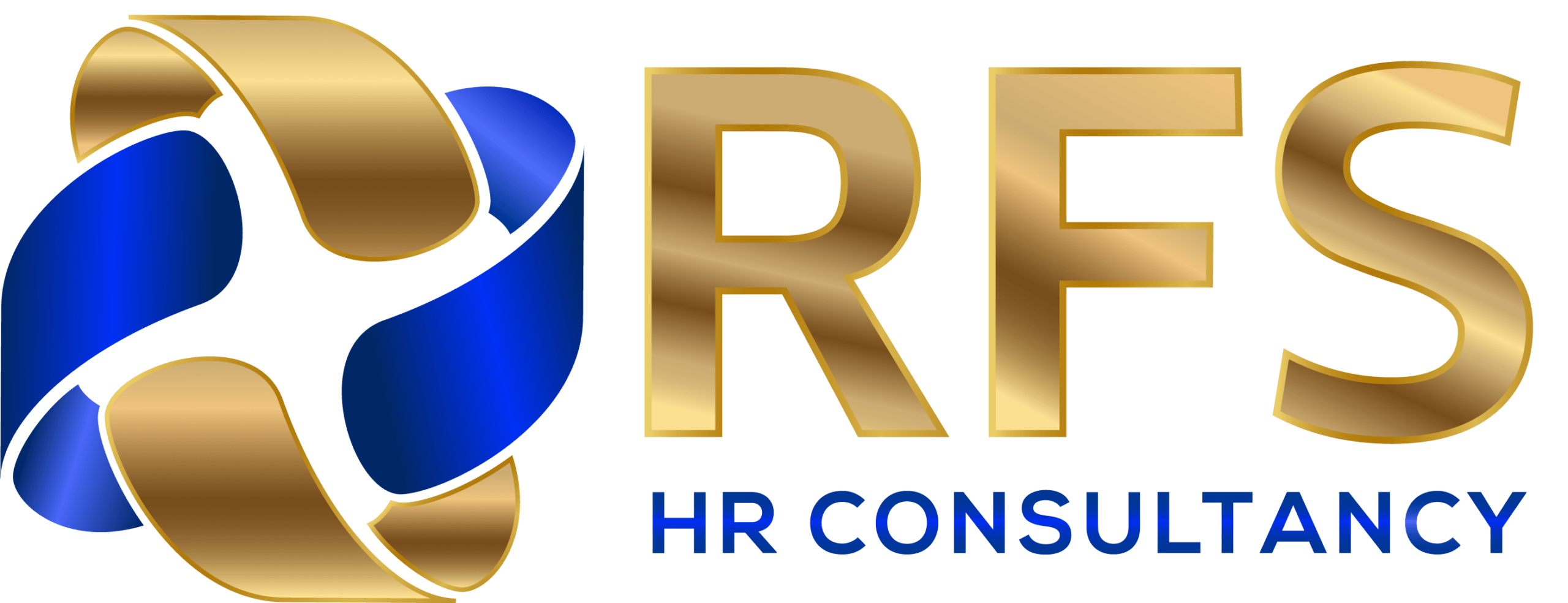Employers all over the world need top-of-the-line resources to enrich their teams. However, it becomes critical to design a recruitment process that always includes all potential candidates. Premium recruitment agencies worldwide have perfected their recruitment processes, and we are going to debunk one of them for you.
A company’s exceptional hiring standards can only be maintained with professional recruitment processes; read on to find out how to improve your process, too.
Table of Contents
- Creating A Job Description
- Attracting Suitable Resources
- Streamlining Incoming Applications
- Evaluation of Applicants
- Shortlisting of Potential Applicants
- Conduct Initial Interviews
- Shortlist Qualified Applicants
- Analyzing Applicant Profiles
- Arranging Client Interviews
- Making The Offer
- Onboarding Support
- Candidate Satisfaction Survey
Why an Efficient Recruitment Process is Critical for any Business?
If a company utilizes ad-hoc practices to onboard its new resources, chances are the business will not be able to scan the candidate market thoroughly. Another disadvantage is the risk of hiring someone who might be a better fit for the job.
In this sense, the company may bear financial losses, waste valuable time, and risk affecting the workplace culture. Without a professional recruitment process, several candidates may get ignored who are applying for a job in a company, which can lead to a negative perception of the company.
To ensure the employer branding is not affected incorrectly, each applicant should be given the needed feedback; a professional recruitment process becomes critical for every business.
Components of a Professional Recruitment Process
RFS HR Consultancy is a premium recruitment agency that has perfected its recruitment process based on the identified industry best practices. We offer exceptional staffing solutions, executive search services, and fully scalable Recruitment Process Outsourcing (RPO) solutions worldwide to businesses of all sizes and industries.
Now, we want to share the secret with our readers; keep reading to discover what makes our professional recruitment process better than most staffing agencies operational worldwide.
Creating A Job Description
The very first step of the whole recruitment process is the identification of the position available in a company and generating a customized job description to find the right resource that can fill the position.
A generic job description has fewer chances to attract the right resource, yet it can bring in many irrelevant applicants. This way, the recruitment process becomes hectic and time-consuming.
Attracting Suitable Resources
Once we have generated the custom job description, we must share the available vacancies on several platforms. They can be on websites, social media platforms, traditional newspapers, job portals, etc. The point is to use the right platform where the needed candidates can be found easily.
Professional recruitment agencies maintain their pool of candidates who are looking for a job actively and or passively as well. An agency’s candidate pool is a quick way to find the resources needed by a client company and speed up the recruitment process.
Streamlining Incoming Applications
Once the job is posted on different platforms, applicants will start applying for the said position by sharing their CVs, personal information, and perhaps a cover letter. A robust recruitment process will streamline all the incoming applications so the shortlisting can be done more accurately.
When an applicant is provided with an acknowledgment that the company has received their application for the job, they get connected with the organization. Furthermore, a communication channel is established where the applicant and the company can coordinate in the future directly.
Evaluation of Applicants
As the CVs start coming in, the next phase of the recruitment process gets initiated; here, the evaluation of the applicants who applied is done. This initial evaluation determines if the candidate needs to be approached for the shortlisting and first interviews or not based on the relevancy of their skills and experience.
The evaluation phase is usually critical as it may affect the following stages of the recruitment process. For this reason, the sourcing specialists remain extremely observant while evaluating the tiniest details of the applicants and their profiles, respectively.
Our Advice: Having a robust recruitment process at place in any organization can enhance the quality of hire and improve the employer’s branding as well. For more tips like these stay with us.
Shortlisting of Potential Applicants
Once the evaluation process is concluded, the most relevant applications are shortlisted based on the requirements of the open vacancy and the preferences of the hiring managers. At this stage of the recruitment process, the keen observation of the recruiters is essential as it may determine the quality of the candidates.
The shortlisted candidates are then informed about the initial interviews, and recruiters schedule and manage the timelines to discuss the opportunity in more detail with the applicants.
Conduct Initial Interviews
The initial interviews are significant. Since it becomes the first formal communication between the recruiters and the applicants, several aspects of the job are discussed from the perspective of the employer and the applicant.
In this stage, the recruiters inform about the company profile, the available role, the expected work to be done by the applicant, and more. Similarly, the applicant can also resolve any queries for the job opening.
Shortlist Qualified Applicants
After the initial interviews, the recruiters again shortlist the qualified candidates based on the initial evaluations and the findings from their first interviews. At this stage, the shortlisted candidates become fully aware of the job, and recruiters have the needed information to consider them for final discussions by the employer company’s decision-makers.
In this phase of the recruitment process, it gets even more apparent how to proceed further; if the applicants are not up to the mark, the recruiters may re-initiate the process from the candidate sourcing stage.
Analyzing Applicant Profiles
Once the qualified applicants are identified, deep analytical research is conducted to ensure the proposed candidates will be the right fit for the company offering the vacancy. The purpose of this stage is to determine if the applicants will be able to perform all the needed tasks, comply with the employer’s work culture, and more.
There are many aspects to this phase of the professional recruitment process, as this is where the top candidates are identified and are told to be prepared for having a one-on-one conversation with the employers.
Arranging Client Interviews
Once the analysis of the qualified candidates is completed, the recruiters are well prepared to schedule interviews with the employer company’s decision-makers. At this stage, the proposed candidates are presented for a personal consultation with the hiring company, and the decision makers get to gauge the applicants who are shortlisted through the extensive recruitment process.
The number of proposed qualified candidates is often minimal; at times, there are only two or three applicants that are called for client interviews since they are the best applicants discovered after going through the whole process.
Making The Offer
Once the employers interview the qualified applicants, they decide to onboard the best candidate that is found after the whole exhaustive recruitment process. Here, the recruiters approach the finalized candidate with an offer mutually agreed upon by the employer and the recruiter based on average market salaries and candidate market mapping insights.
Making the offer and convincing the candidate to join the company requires the extreme negotiation skills of the recruiters. It is often challenging to manage a win-win situation, and this is where the recruiters become the bridge between the employer and the candidate to find common ground and start the onboarding process.
Onboarding Support
As the candidate accepts the offer, the stage of onboarding begins. If the candidate has to serve a notice period at his current employer, the new employer will have to wait till the candidate is free from their previous responsibilities and any corporate or legal liabilities.
At this phase, the recruiters often stay in touch with the candidate to know if there are any issues with their onboarding with the new company.
In case of any change in the commitment, the employers are informed, alternate candidates are proposed from the earlier qualified candidates list, or the whole process may be re-initiated all over again based on the time lost.
Candidate Satisfaction Survey
Once the onboarding is done, the candidate joins the new employer and starts working. Recruiters then call or communicate through other means to know if the candidate is satisfied with the job the recruitment process, and if they would like to recommend the employer to their social circle. This stage often provides valuable insights and actionable information to improve the employer branding further.
Candidate satisfaction survey also provides information regarding the professional recruitment process they have gone through to land the job. Their feedback is used to enhance the process further and ensure all the candidates have a pleasant experience as they get their dream jobs.
Conclusion
Professional recruitment agencies like RFS HR Consultancy understand the importance of having flawless recruitment processes as they serve their clients with ultimate candidates in all top-tier industries. Nevertheless, as new technologies enter the recruitment industry, the recruitment process must be updated to gain maximum benefits.
RFS HR Consultancy believes in consistent improvement and utilizing the latest available technologies and tools to serve its clients in the best possible way. For more valuable information regarding the latest happenings in the recruitment industry, keep following our official blog.




